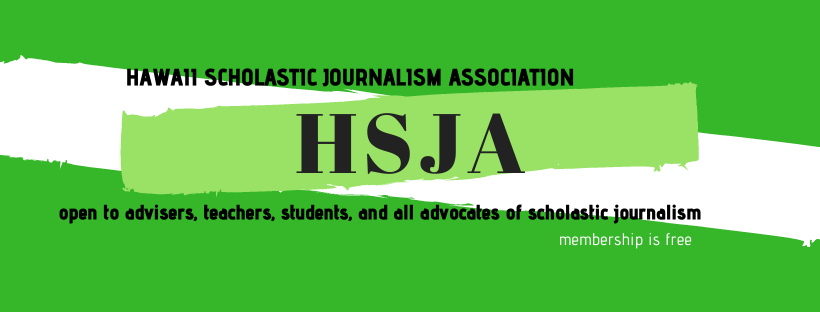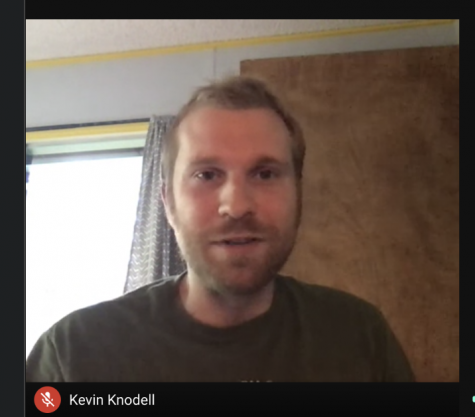A Voice to the Next Generation: Gene Park Speaks at J-Day
For hopeful journalists, the chance to even interview for a big-name newspaper like the Washington Post is a dream come true, but they have an excellent reputation for a reason. Writers and reporters are hand-picked based on a number of factors, which ensures the highest quality of reporting. In some ways, applying for a position at a prestigious newspaper is comparable to applying to an Ivy League. After a multitudinous number of interviews over a period of several months, applicants must write several essays, detailing their strategies and proving their journalistic-savvy. Contenders that make it this far then undergo even more, intensive interviews. The entire process takes about three months of grueling work and stress, but the opportunity to work at an organization like the Washington Post is certainly worth it.
Gene Park, who covers video games and gaming culture for the Washington Post, told attendees of Hawai’i Journalism Day (Saturday, October 17) about this selective process as well as his tips and tricks for succeeding in the industry. Park started writing for his high school newspaper in Guam, then majored in communications at California State University. Since graduating, he’s worked in Guam and Hawai’i at various newspapers, honing the skills that would make him appealing to the Washington Post in 2015. After the lengthy interview process, Park was hired as an audience editor.
“I still pinch myself,” Park said, recounting the wonder he still finds at working with writers he’s respected for years.
In addition to covering gaming, Park has worked as an audience editor, an important and advantageous position on a news site. Park likened it to a social media manager; you need to investigate the market and its trends, figure out the stories readers want to hear, and connect reporters to those leads. This means not only paying attention to social media, but using it. Thanks to their careful study of it, audience editors know the market; and more importantly, they know where there’s wiggle room. Beats like politics, sports, and music are hard to break into, but audience editors can weed out the less competitive beats.
“Find a niche,” Park said.
You don’t have to be an audience editor to find these niches, you just need to pay attention, and the stories will come easily.
Paying attention to the market is important, but once you’ve found your story, you want to make sure you’re doing it justice – and that’s where interviews come in.
Interviewing is one of the most difficult things for young reporters to crack; Park himself confessed to practicing for years at the skill before feeling proficient in it. How do you get the full scoop, especially with people less forthcoming with information? Park recommends taking the formality out of the thing, and letting them lead the conversation where they want it to go. Recently, he got the opportunity to talk to members of the Wu-Tang Clan, and despite being a long-time fan, he was able to get the conversation rolling without much awkwardness and soon the conversation became light and frothy. Like any other skill, interviewing takes practice, and with practice, that skill will be honed.
Success comes with change, and the move to fast-paced D.C. after years of island life and culture was certainly an adjustment. Park’s first day at the Washington Post was Pulitzer Day – imagine having coffee with a new coworker while they’re giddy over winning a Pulitzer Prize! Over the next couple of weeks, Park adjusted to the new expectations and environment, but began to feel imposter syndrome, as if he hadn’t earned the coveted position he held. One of his editors tuned into this fear, and took him to lunch where he reassured Park that he was picked because he had something special. Park told the eager students listening on Journalism Day that many of his editors are like that – helpful and friendly, as well as having high expectations.
“Don’t settle,” he told the group, encouraging us to seek out mentors who will really help us grow to our potentials.



